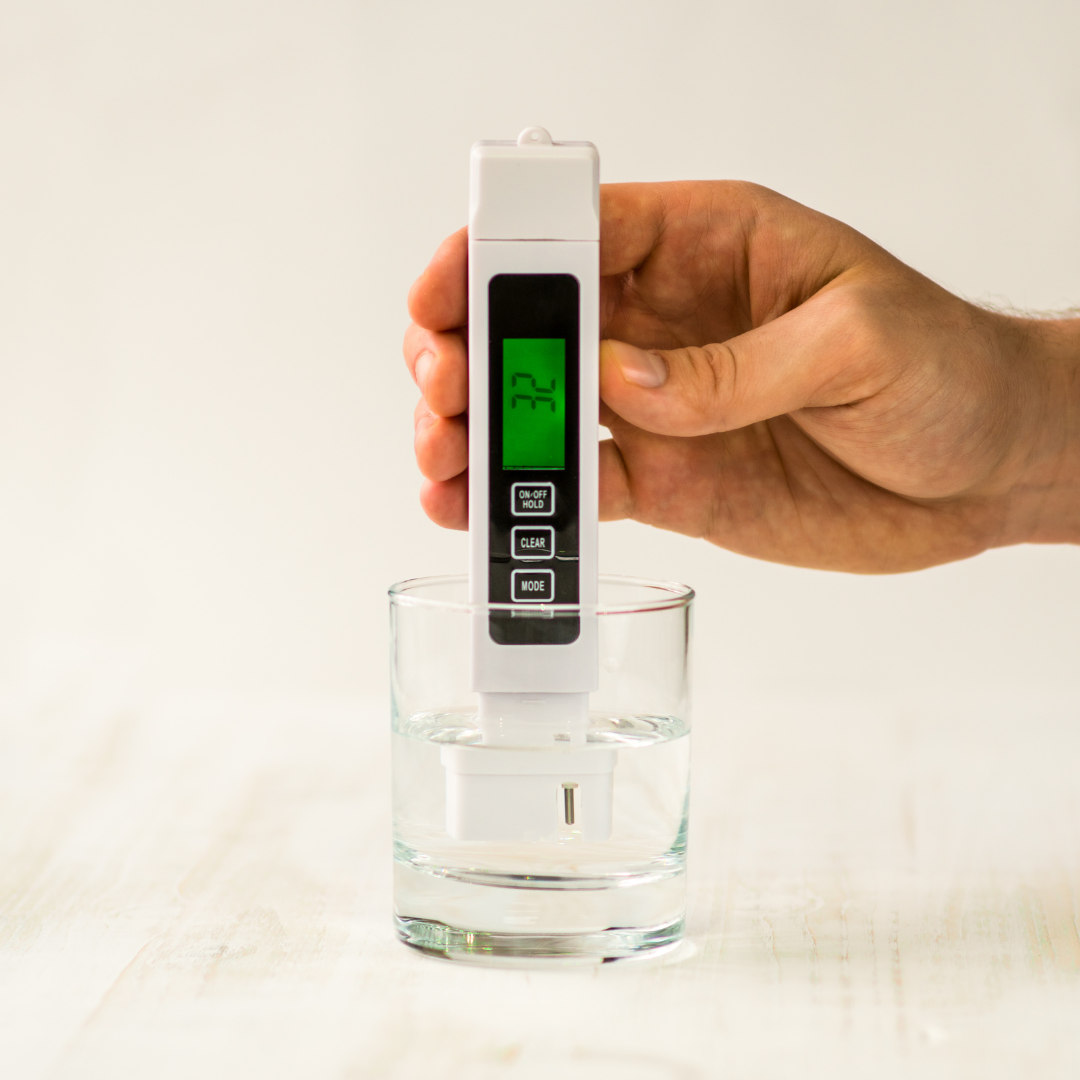When we think about the factors influencing our hormonal health, we often focus on diet, sleep, exercise, and stress. But there’s one crucial piece of the puzzle that’s often overlooked the quality of the water we drink every single day.
The Unseen Influencers in Your Water
Modern tap water may be treated to remove pathogens and bacteria, but it’s not always free from endocrine-disrupting chemicals (EDCs). These are substances that can interfere with our hormonal systems, even at very low doses. Common sources include:
- Pesticide residues from agricultural runoff
- Pharmaceutical traces such as birth control pills or antibiotics
- Heavy metals like lead or mercury from old pipes or environmental pollution
- Plastic compounds such as BPA or phthalates leached from containers
These contaminants have been linked to a range of hormonal issues including thyroid dysfunction, reproductive health concerns, and even metabolic disorders.
How Hormones Are Affected
Your endocrine system is a finely-tuned network of glands that produce hormones to regulate everything from mood to metabolism. When EDCs enter the body, they can mimic or block natural hormones, or interfere with how they’re made, released, or metabolized. Over time, this disruption can lead to imbalances that affect your energy, mood, skin, fertility, and more.
Children and pregnant women are particularly vulnerable, as their developing systems are more sensitive to these hormonal interferences.
The Role of Clean, Filtered Water
The solution starts at the source. Drinking high-quality, filtered water is one of the easiest and most impactful ways to protect your endocrine health. Advanced filtration systems can remove contaminants while retaining essential minerals that support your body’s natural balance.
Look for water filters that are tested to eliminate EDCs, chlorine, heavy metals, and microplastics. Bonus points if they also improve taste and encourage you to drink more!
Hydration and Hormonal Balance
Hormones rely on proper hydration to circulate effectively in the bloodstream and carry out their signaling roles. Dehydration alone can elevate stress hormones like cortisol and impair the production of essential hormones like melatonin and insulin.
So, it’s not just about removing the bad stuff, it’s also about making sure you drink enough of the good stuff.
Our hormonal health is delicate, yet resilient and often, it’s influenced by the smallest daily habits. By paying attention to the water we consume, we support our body's natural rhythms, energy, and well-being.
If you're looking to take a proactive step in that direction, a high-quality countertop filter like The Watery can make a real difference, quietly supporting your hormonal balance, one sip at a time.















